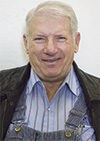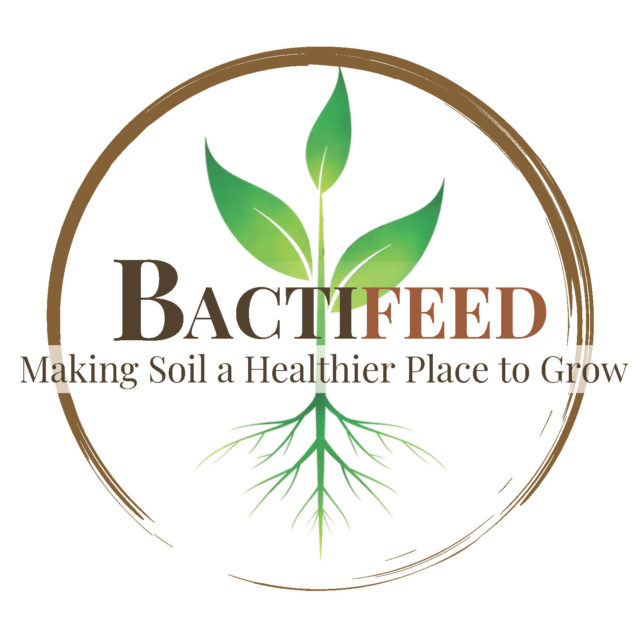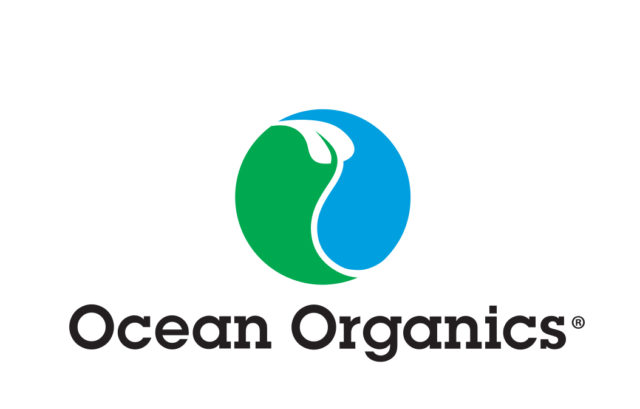The attorney representing the state asked each of us about our degrees. Then he asked me if I thought there were enough laws pertaining to drug abuse. I said “Yes, and no.”
He asked what I meant. I stated that the drug scene was something that should be eliminated from our midst, but that this was also supposed to be a free society.
He didn’t want to talk about it anymore, or I would have added that I don’t use the airlines anymore due to the hassle of being delayed and treated like the cause of the problem.
I would object to random roadblocks and searches of private automobiles in search of drugs. If it comes to that, I’ll comply, but I won’t like it.
My thoughts on airline safety are that anyone who is a peace officer, or who has been, and has a concealed weapons permit be requested to carry their weapon on board. With airliner safe ammunition, and of course, with the weapon completely concealed. Too bad the powers-that-be don’t trust the citizens of the land. But consider this possible conversation among infidels:
“So the plan is to board the plane, and after it reaches cruise altitude, grab a flight attendant, and order the pilot to let us in the cabin? Man, there will be at least 30 people on that plane packing iron. I know we’re insane, but this is crazy!”
Now for another good question, and also a change of subject. A fellow called the other day and inquired how to get into hauling some of this hay. He was with a trucking company out of Yakima, Washington, and they had trucks and trailers standing idle.
He had seen lots of trucks hauling baled hay, and thought it would be nice to be “in on” the deal. He asked if I could give him some ideas as to how to make the connections to get started.
I answered his question with a series of questions of my own. Had he ever hauled small bales? He had not. They had moved a few loads of the “oneton” bales, and a few containers of export hay to the ports, but never any small bales. Were any of his drivers experienced hay haulers? No. Did he have any experienced hay haulers asking him for a job? No.
After this series of questions, I asked him to let me tell him “how the bear went over the mountain”, so to speak. The operator of a truck hauling hay is the key to making it work.
This person must be willing and capable of loading the truck, one bale at a time. He must know something about hay. That means leaving the cull bales at the stack, especially if the end user is a feed store. He must be willing to cover the load with tarps if there is any chance of rain or snow between the stack and the end user.
He must be pleasant, even if this load is the worst situation of his life. If not, there will be no chance of a second load. He will need to be able to fix most minor things that go haywire in Timbuktu; that is, unless the truck owner is into traveling to odd places all hours of day and night to hold his driver’s hand.
Then there’s the issue of a clean driving record, and the ability to manage the truck in mud and snow and freezing rain situations. And to keep a cool head when on busy roads.
And to be able to remember that it’s better to be the first on the scene of a wreck, than the last one involved. This kind of person, I pointed out, most likely would be operating his own truck, or would be getting ready to make the jump.
The gentleman thanked me for being so “up front” with him. He had not realized how critical quality help would be. And he allowed as how he may be better off to stay in the kind of trucking he was experienced with.
Ready for another change of subject, and one more perfectly classroom in a church; the individuals were twelve- and thirteen-year-old young men. Th e topic of discussion was profanity, how to avoid its use, explicitly, how to make a very strong point in conversation without using profanity.
In the course of this discussion, one of the young men asked, “What’s the big deal with the ‘F’ word, anyway?”
I looked him in the eye, and said, “Do you really not know what the ‘F’ word means?”
He said that he did not. I didn’t know whether to believe him or not, but either way I was caught. And so I gave him and the others present a perfectly good answer.
“One of the most beautiful, sacred, and loving things given to us as human beings is the ability to unite as husbands and wives, and to bring into this world children.
The physical act of making love, of sexual intercourse in the setting of a loving marriage, is one of the grandest joys known to mankind. This is how children are conceived and is also a special expression of love between husband and wife.
“The ‘F’ word refers to this wonderful, sacred, loving experience in such a manner as to defile it. Any more questions?” There were none.
Several months ago, I sat in a barber chair, minding my own business, getting my hair cut. Another fellow entered the barbershop. He seemed to know everyone there except me. I didn’t care for his attitude; I judged him to be rather mouthy.
Finally he addressed me. He looked over my work boots and Levi’s, and asked if I farmed.
I said “No.”
He then asked, “What do you do?”
I answered, “I do a lot of things.”
He asked, “Is chase women one of them?”
I replied, “Just one I gave my name to some 33 years ago. She wakes me up every now and again to make love.”
He came right back with, “What’s love?”
I said, “If cherish is not part of your definition, then what you have is not love.”
He seemed at a loss for words.
After a couple of minutes, I said to him, “I’ve got one for you.”
He said, “Okay, what is it?”
“Why,” I asked, “did Moses not take any honeybees with him on the Ark?”
He said he didn’t know.
“Moses,” I went on, “didn’t have anything to do with the Ark. That was Noah.”
“Oh.”
I then asked him if he knew the difference between elephants and oranges. By now a little gun-shy, he stated that he did not.
“Then I would suggest,” I commented, “That you take one of these ladies with you when you go to the store to buy oranges.”
About this time, my haircut was finished. I paid the lady, thanked her, and left. I’ve often wondered as to the conversation after I left.
From time to time, the best answer to a question will be a simple and honest, “I don’t know.”
I used to judge a veterinarian by his ability to say, “I don’t know” when he didn’t know. That made him look much more intelligent than to ramble on until it was obvious that he didn’t have a clue.
It’s rather a fine compliment for someone to ask you a perfectly good question. It means the questioner thinks you know more than he does.
And those dingbat questions we all get some of? Th ey can be downright fun. Like playing with the mind of the gentleman in the barbershop. And the twelve- and thirteen-year-olds? Hey, they needed to hear the answer I gave. And they never again attempted to embarrass me. Life is fun. FG









